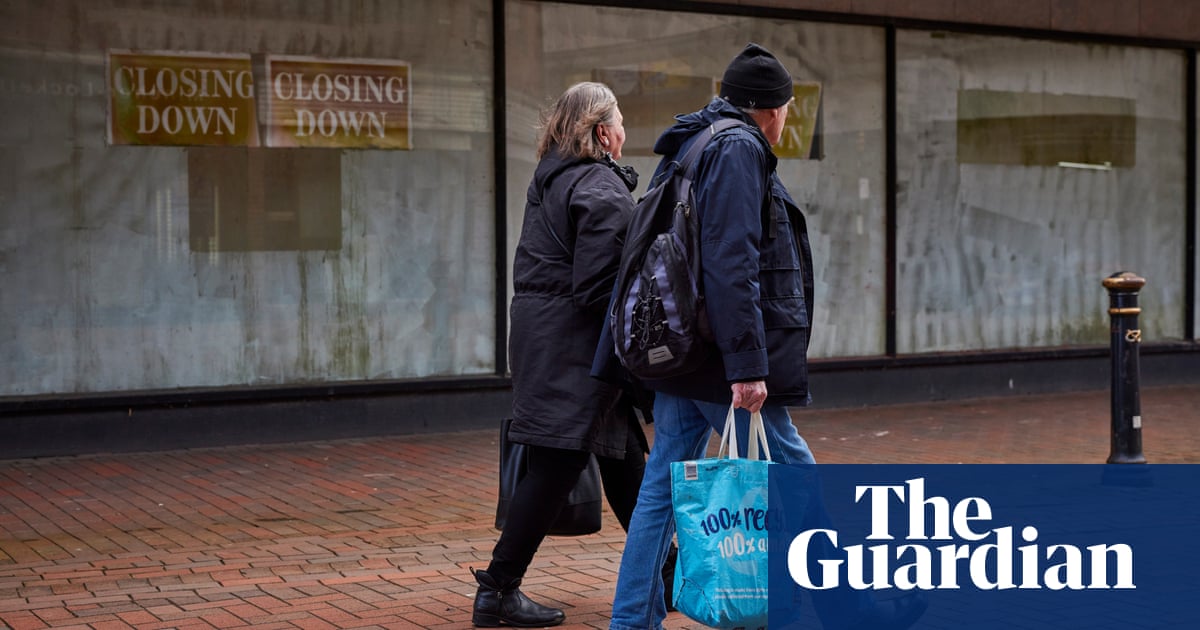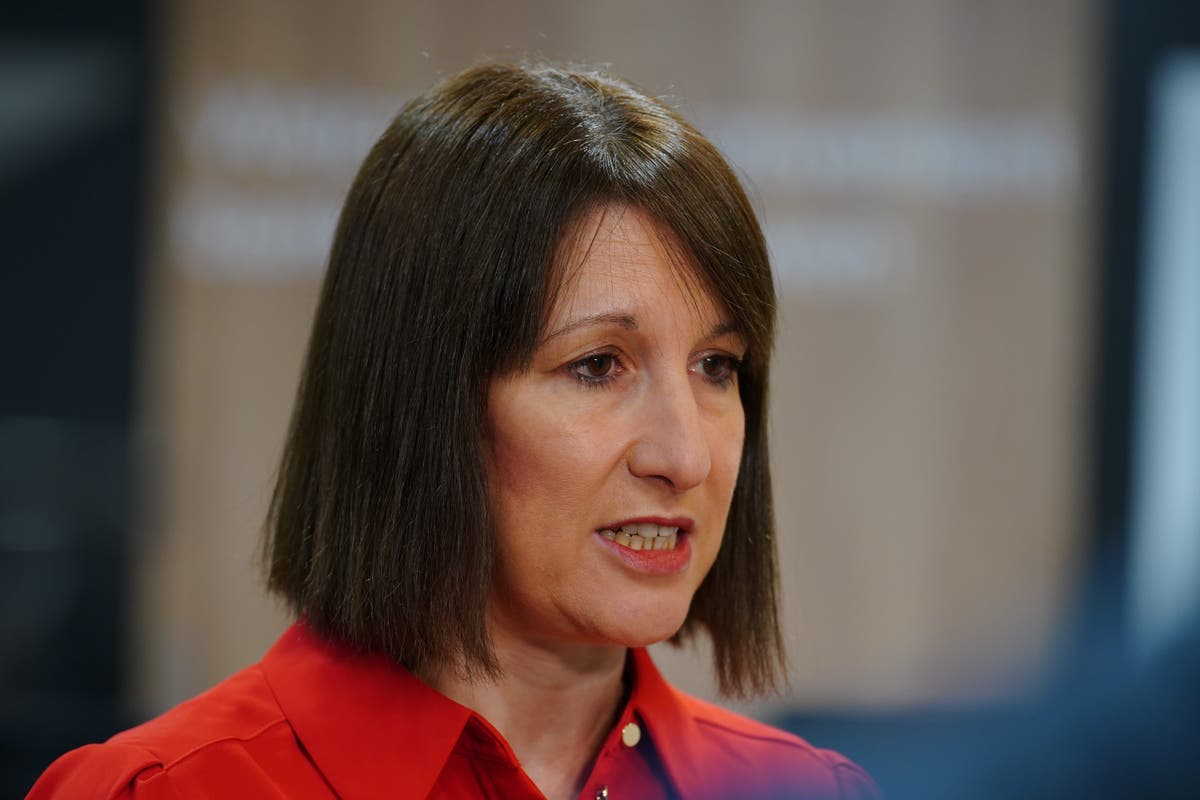Very little achieved on rail reforms in Great Britain in past six years, say MPs

- by Admin
- May 27, 2024

The government has “achieved very little” in reforms to Great Britain’s railways six years after identifying the need for big changes to improve the situation for passengers and taxpayers, according to an influential parliamentary committee.
MPs on the cross-party public accounts committee said the Department for Transport has not paid enough attention to the needs of passengers or taxpayers, six years after a botched introduction of new timetables led to chaos on the rail network and a widespread consensus that deep changes were needed.
The government has identified some changes to make to the governance of Britain’s railways, but “many of the proposed reforms and associated benefits are largely on hold until the next parliament when legislation can be passed”, the MPs wrote in a report published on Monday.
“While the department is fully aware of what is important to passengers, it has not delivered on the basic things that matter most,” the report said. It added that “poor performance persists across the rail network”, highlighting that 13.7% of trains were delayed and 3.8% were cancelled in the 2022-23 operating year.
Parliament will be dissolved on Thursday, after Rishi Sunak called a general election for 4 July. The government is scrambling to get through final pieces of legislation before MPs lose their seats, and parliamentary committees are also racing to finish work before they are disbanded.
The public accounts committee said there remains a huge amount of work to be done to realise some of the ambition of reforms to the railways planned by the former prime minister Boris Johnson.
Johnson announced plans in 2021 to bring in changes that would lead to rapid improvements on Britain’s railways, including a central pledge to set up Great British Railways, a “guiding mind” to oversee the network.
Great British Railways (GBR) has still not been set up, despite an original planned launch for March 2024. That has delayed potential savings of up to £1.5bn a year, and the government has still not agreed on fundamental issues such as GBR’s independence, how it would work with commercial operators, and how fares would be set.
The Labour party has also committed to setting up GBR if – as polls indicate – it leads the next government. Yet the MPs on the committee also said that there had not been enough focus on shorter-term improvements that will not require legislation.
“We are not convinced that the department has paid sufficient attention, in advance of the delayed creation of Great British Railways, to the changes it can make now to improve the situation for passengers and taxpayers,” it wrote. There is no “real sense of urgency” in proposed improvements that could go ahead before GBR, the MPs wrote.
after newsletter promotion
Michael Solomon Williams, from the Campaign for Better Transport, said: “Rail reform is taking far too long, leaving passengers to bear the brunt of a system not currently fit for purpose. The government must implement much-needed reforms that prioritise passengers and invest in creating a financially stable railway that benefits the whole economy as a matter of urgency.”
The report also criticised the state of affairs for disabled users or others with special access needs.
The Department for Transport declined to comment before the general election.
The Latest News
-
December 23, 2024Christmas shopping from a more civilised age! As Britain is gripped by festive getaway chaos and a looming recession, how the country used to get its last-minute purchases done in style
-
December 23, 2024On board with the pilots doing one of Britain’s toughest jobs
-
December 23, 2024Christmas Travel LIVE: Traffic chaos on motorways while flights cancelled
-
December 23, 2024UK economy stagnates as GDP figures revised down
-
December 23, 2024Donald Trump taps ‘Apprentice’ producer as special envoy to UK





